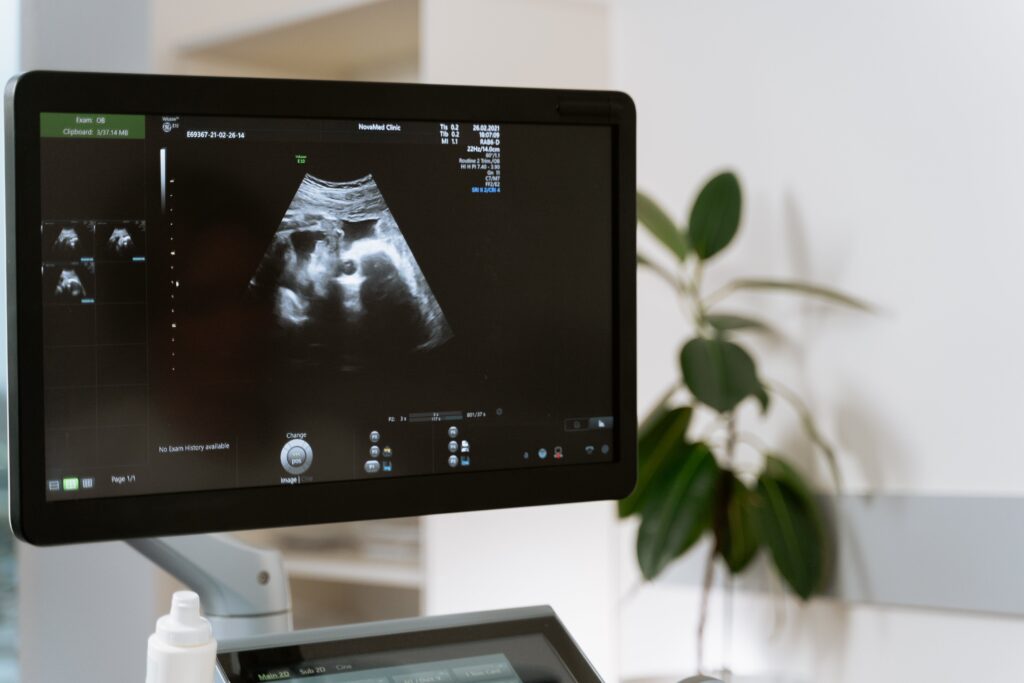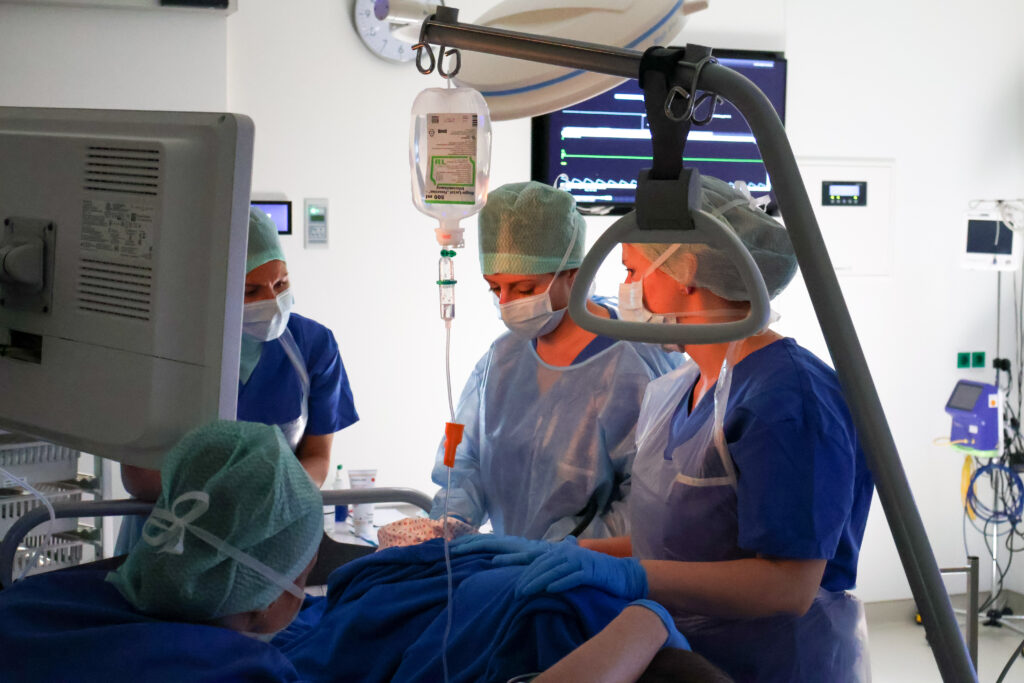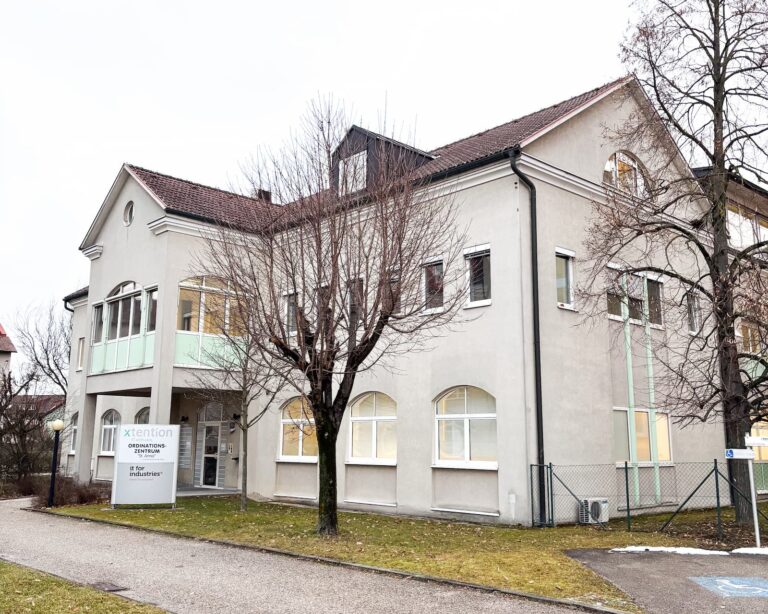The fertility service includes comprehensive assessment and support for couples who are having difficulty conceiving a child. Various diagnostic procedures play an important role in identifying the causes of infertility and recommending suitable treatment options. The most important services in the context of fertility treatment can be described as follows:
Ultrasound examinations:
Performing ultrasound examinations to assess the structure of the uterus, fallopian tubes and ovaries.
Identification of abnormalities such as fibroids or changes in ovarian function.
Laboratory tests:
Blood tests to determine hormone levels that are relevant to fertility (e.g. oestrogen, progesterone, testosterone, FSH, LH).
Examination of thyroid function, as hormonal imbalances can have an impact on fertility.
Screening for infections that could affect the reproductive organs.
Advice on possible treatment methods:
Detailed discussion of the diagnostic results and explanation of the possible causes of the unfulfilled desire to have children.
Information on various treatment options such as hormonal therapy, insemination, in vitro fertilization (IVF) or other reproductive medical procedures.
Individual adaptation of the recommendations to the couple’s specific situation.
Cycle monitoring:
Tracking and evaluation of the woman’s menstrual cycle.
Determination of ovulation and identification of fertile days.
Monitoring of hormonal changes during the cycle.
Psychosocial support:
Provision of psychosocial support, as the unfulfilled desire to have children is often accompanied by emotional stress.
Including discussions with couples or psychotherapeutic care.
The services in the area of fertility therefore go beyond purely medical examinations and also include sensitive care and the provision of information about possible reproductive techniques. The aim is to offer couples the best possible support on their way to a successful pregnancy.











